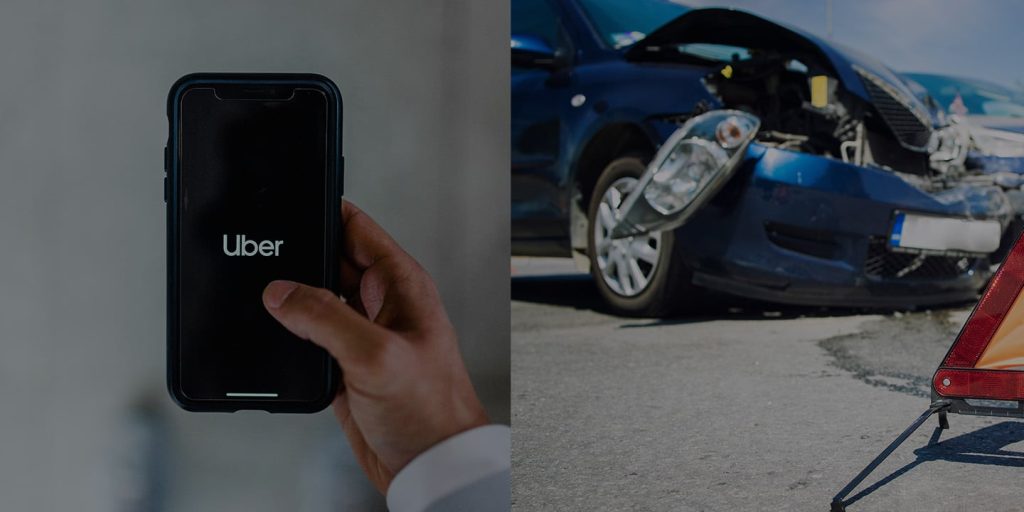

**Crucial Details Regarding Rideshare Accident Claims**
Rideshare platforms such as Uber and Lyft have transformed transportation, bringing ease and availability to users. Nevertheless, as rideshare use has expanded, so too have the accidents associated with these services. Grasping the complexities of rideshare accident claims is essential for passengers, drivers, and other involved parties.
**1. Grasping Rideshare Insurance Coverage**
Rideshare firms offer insurance protection, though it differs based on the driver’s status during the accident:
– **Offline or App Off:** The driver’s own insurance must cover the situation.
– **App On, No Passenger:** The rideshare company provides limited liability insurance, generally capping at $50,000 per person for bodily injury, $100,000 per accident, and $25,000 for property damage.
– **Heading to Pick Up or During a Ride:** The coverage expands significantly, frequently reaching up to $1 million for third-party liability, uninsured/underinsured motorist protection, and contingent comprehensive and collision coverage.
**2. Actions to Take Following a Rideshare Accident**
– **Ensure Safety:** Focus on getting medical help for anyone injured.
– **Report the Accident:** Alert law enforcement and secure a police report. Communicate the incident to the rideshare company through their app or website.
– **Gather Information:** Collect information from all involved parties, including names, contact details, insurance info, and vehicle specifics. Capture images of the scene and any damages.
– **Seek Medical Attention:** Even if injuries appear minor, obtain a medical evaluation to record any potential injuries.
**3. Submitting a Rideshare Accident Claim**
– **Establish Liability:** Determine who is responsible. This may include the rideshare driver, another driver, or a mix of parties.
– **Notify Insurance Providers:** Inform your insurance company and the rideshare provider. Passengers typically have their injuries covered by the rideshare company’s insurance.
– **Consult a Lawyer:** Think about enlisting a personal injury attorney with experience in rideshare accidents to manage complicated insurance claims and secure appropriate compensation.
**4. Obstacles in Rideshare Accident Claims**
– **Identifying Coverage:** Clarifying the applicable insurance coverage can be challenging due to the various stages of a rideshare trip.
– **Multiple Parties:** Incidents may involve several parties, making liability and compensation more complicated.
– **Insurance Company Tactics:** Insurers may try to reduce payouts. Legal representation can assist in countering these strategies.
**5. Compensation in Rideshare Accident Claims**
Victims might be eligible for compensation for:
– **Medical Expenses:** Coverage for current and future medical bills associated with the accident.
– **Lost Wages:** Compensation for income lost because of being unable to work.
– **Pain and Suffering:** Non-economic damages for physical discomfort and emotional anguish.
– **Property Damage:** Costs for repairing or replacing damaged property.
**Conclusion**
Rideshare accident claims present distinct challenges due to the interaction of personal and commercial insurance policies. Recognizing the appropriate steps to take post-accident and the details involved in filing a claim can greatly influence the result. Pursuing professional legal guidance is frequently advantageous in navigating the complexities and ensuring deserving compensation.






